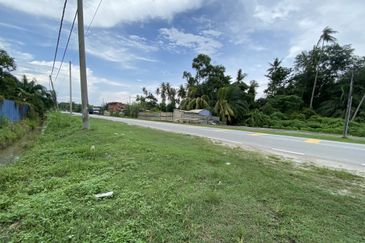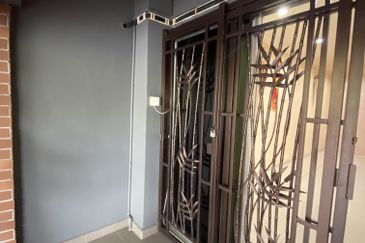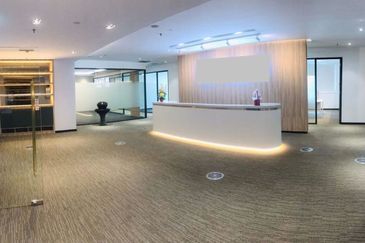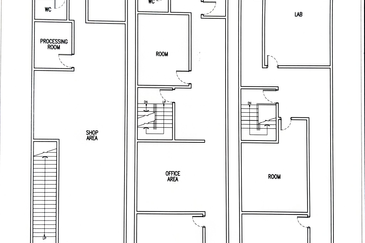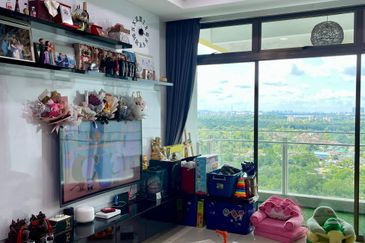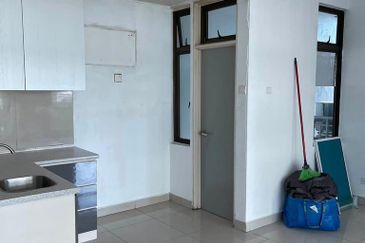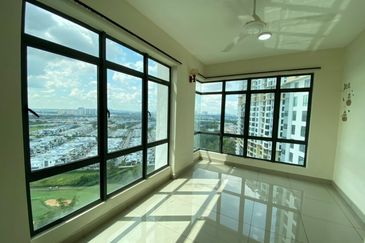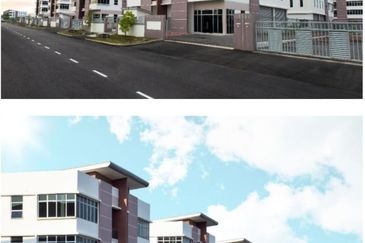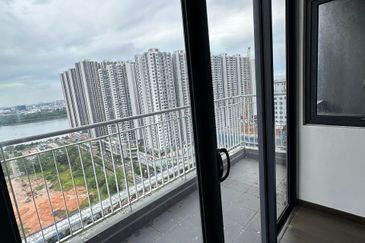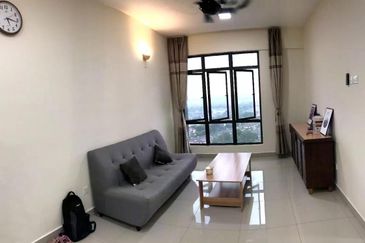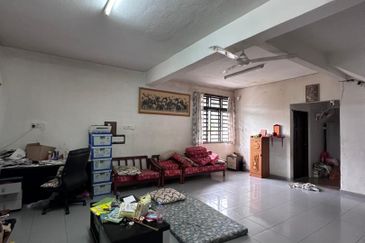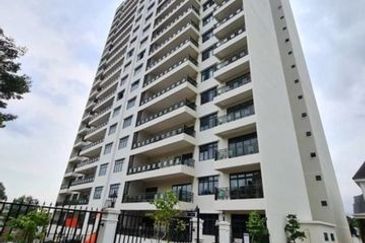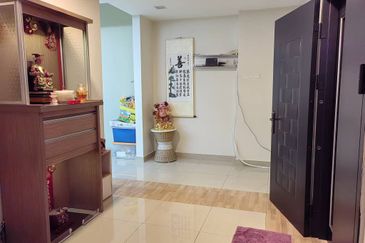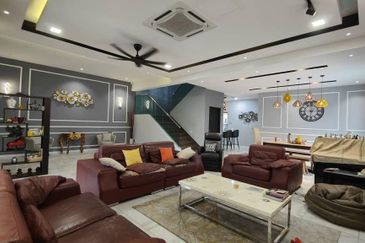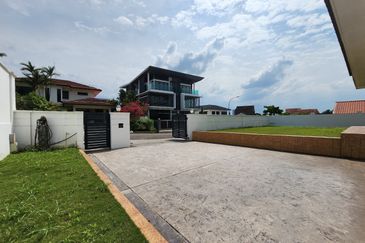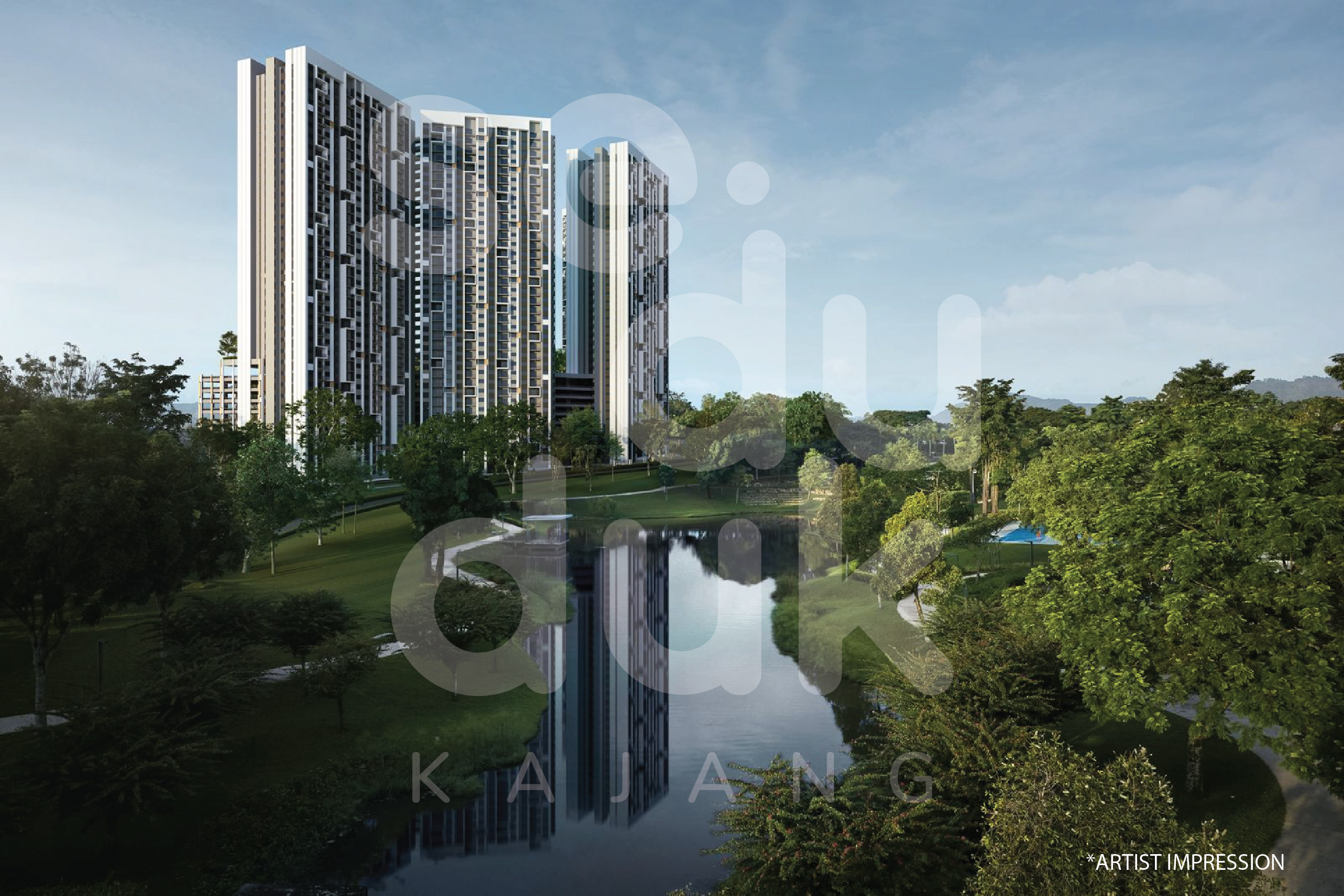
PETALING JAYA (Jan 25): Vietnam will stand out as a rising star in the Southeast Asia property market with strong demand growth in the office, residential and retail sectors as well as increasing foreign direct investment (FDI) to the country, according to international real estate services firm JLL.
“The real estate sector in Vietnam has been hitting its stride since 2015, spurred in part by recent government reforms, such as stronger financial requirements for property developers and the relaxation of rules on foreign investment,” said JLL Singapore and Southeast Asia managing director Chris Fossick (pictured) in a press statement today.
According to JLL data, occupancy of Grade A office space in Ho Chi Minh City exceeded 95% in 4Q2016, while retail occupancy in the city’s central business district (CBD) was over 92% over the same period.
In the residential sector, the number of new apartments launched increased by 46% from 2015 to 2016.
He noted that the rapid expansion of Vietnam’s consumer market and the economy transitioning towards higher value activities have a positive impact on the local economy growth.
“There have been significant levels of foreign direct investment and the construction of office, retail and hotel stock to meet growing demand,” Fossick said.
As a result, we’re seeing strong demand for office space, particularly in the financial services, law, manufacturing, consumer goods and technology sectors,” he added
JLL report showed that the disbursed foreign direct investment (FDI) into Vietnam hit a record US$15.8 billion (RM70 billion) last year, while FDI into the real estate sector reached nearly US$1.7 billion at the end of 2016.
Commenting on the regional outlook, Fossick said Southeast Asia remains a bright spot amid a subdued global economic outlook, as Asean economies are expected to achieve annual growth of 5%, compared with a global annual growth rate of 3.5%.
Besides Vietnam, he noted that Indonesia and Singapore will become popular destinations for investment as these two countries are full of potentials.
In Indonesia, he said, the potential has been there for some time as the country offers the scale in terms of demographics and population that is required for logistics to grow.
“With increased political and economic stability alongside a growth in demand for consumer products, e-commerce is on a growth trajectory meaning that demand for logistics space will follow,” Fossick explained.
Meanwhile, Singapore’s attractiveness as a core market has become more compelling following a correction in capital values.
Singapore’s gross domestic product (GDP) is expected to grow 2.3% in 2017, recovering slightly from 1.8% in 2016.
“While demand for office, retail and food & beverage real estate slowed between 2012 and 2015, we believe this bottomed out in 2016 and we expect a modest recovery in the next couple of years. In particular, the prices of prime residential properties remain attractive to investors as compared to other global cities,” he said about Singapore.
TOP PICKS BY EDGEPROP
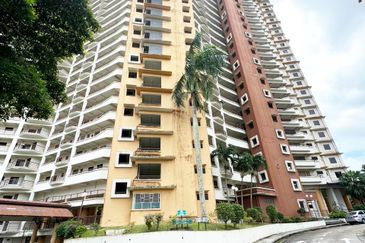
Seri Mutiara Apartments, Bandar Baru Seri Alam
Masai, Johor
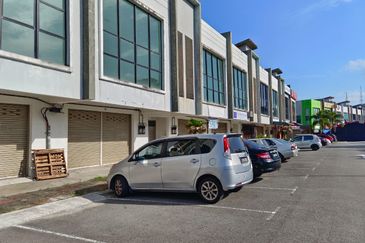
Jalan NIP @ Nusajaya Industrial Park
Gelang Patah, Johor
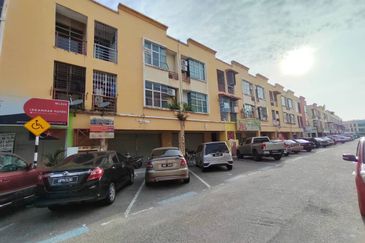
Taman Nusa Bestari, Skudai
Iskandar Puteri, Johor

SKS Habitat Apartment, Larkin
Johor Bahru, Johor

